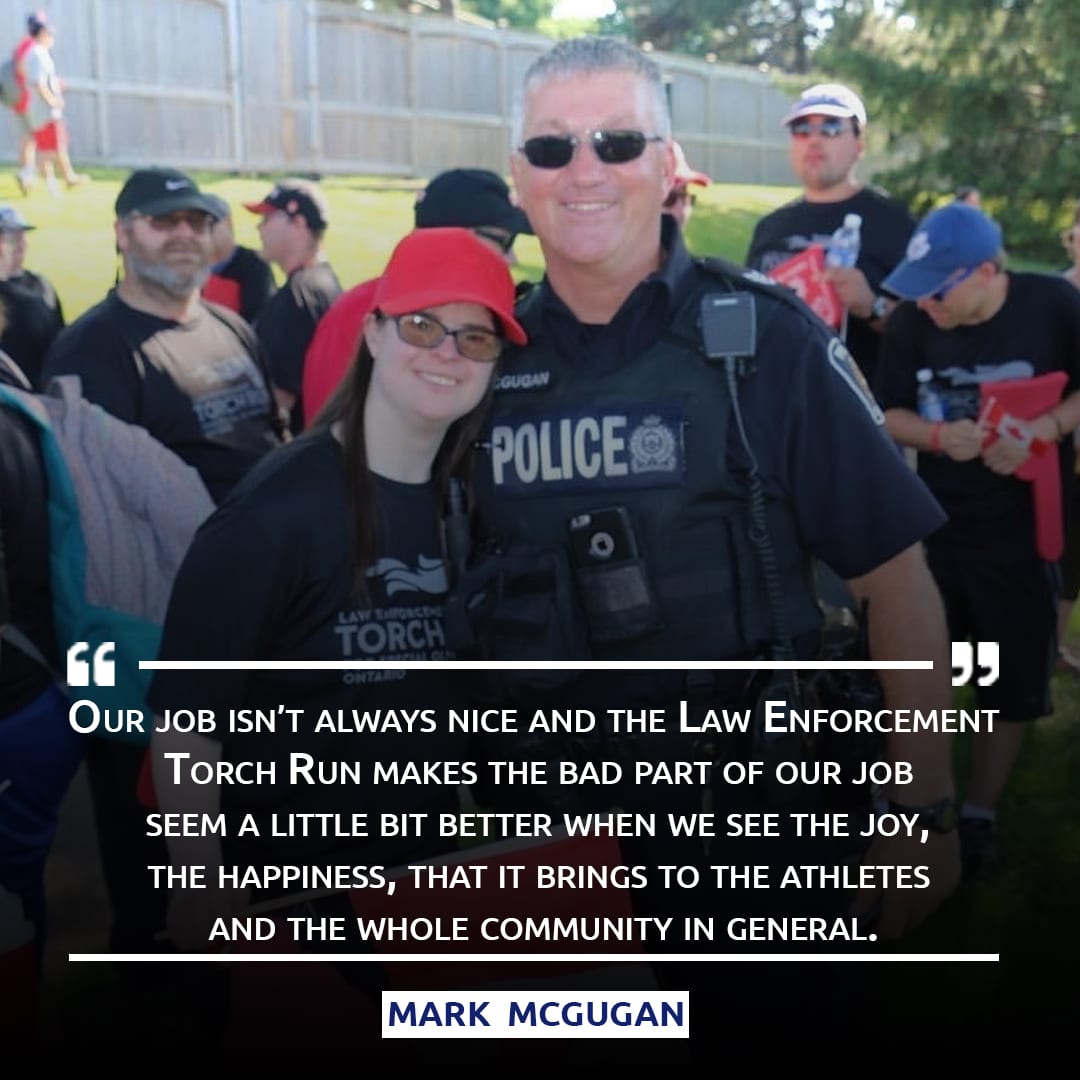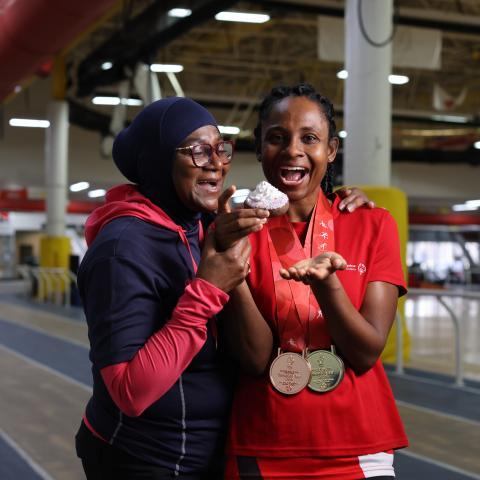After 32-years as a police officer, Sgt. Mark McGugan’s career highlight is the Law Enforcement Torch Run (LETR).
The London City Police Officer – and Provincial Director for LETR in Ontario – has been involved with the public awareness and grassroots fundraising organization for Special Olympics for almost as long as he’s been policing.
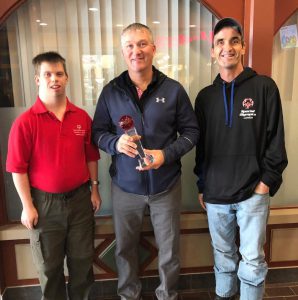
McGugan joined the London Police Service in 1988 and participated in his first Torch Run in 1989. He knew little about the Special Olympics movement at the time, but learned more about the cause as he met local athletes. He quickly “moved up the ranks” and went from being a runner, to a coordinator in the London area, to his current role as Provincial Director.
“Once you get into it and get to know the athletes – that’s the fun part, that’s what keeps you going,” he said.
Although policing can often involve 60-hour workweeks, he never passes up an opportunity to volunteer more time to the LETR.
“Our job isn’t always nice and the Law Enforcement Torch Run makes the bad part of our job seem a little bit better when we see the joy, the happiness, that it brings to the athletes and the whole community in general,” he said.
McGugan has many highlights from his involvement with the LETR, from representing Ontario at National Games to attending international conferences.
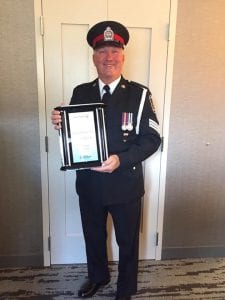
One of his proudest moments was in 2013, when the Ontario chapter won the LETR Guardian Award, given out each year to one outstanding Special Olympics Accredited Torch Run Program from around the world.
“To be recognized as a worldwide best program is a highlight,” said McGugan. “We keep going because we want to get better every year.”
After three decades with the LETR, “the evolution has been tremendous” – not just with funds raised, but also within the partnership.
“Our interaction with the athletes has really evolved more than anything else,” said McGugan. “A friendship has formed between the Torch Run and Special Olympics.”
Nothing beats running into an athlete in the community, or catching up at a Special Olympics event, he said.
“The thing about Special Olympics and LETR is you can actually see the results, which you can’t necessarily with a lot of charities,” he said. “I can see the results on the athletes’ faces.”
